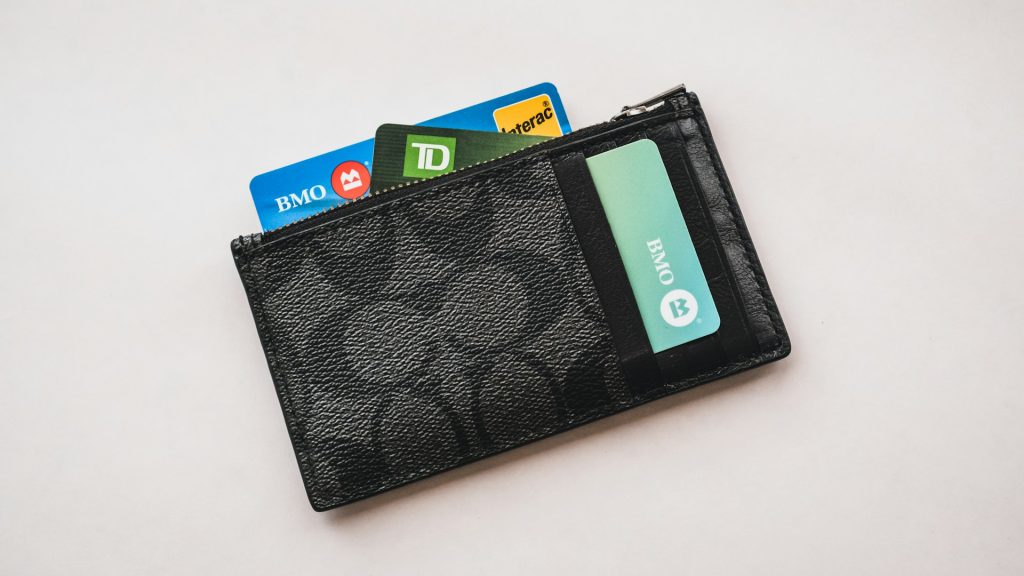
At first, skipping a credit card payment might feel like a temporary solution. You’re short on cash this month, and you’ll catch up later. But then a few weeks turn into months, late fees pile on, and the interest compounds. Before you know it, a $1,200 balance balloons to $2,000—and your credit score plummets.
What actually happens when you stop paying your credit card? The answer depends on how long you go without paying, what your lender does next, and how you respond. The consequences start with late fees and credit score damage—and can end in lawsuits, wage garnishment, or even bankruptcy if left unchecked.
This article walks you through what to expect—step by step—so you can make informed choices, avoid panic, and take control of your financial future.
Contents
🧩 The Timeline of Credit Card Nonpayment
1. Day 1–30: Your Payment Is Missed
-
What happens: You officially miss your due date. Most issuers offer a grace period of a few days, but after that, late fees begin (often around $29–$40).
-
Impact: If it’s your first missed payment and you catch up quickly, there may be no lasting damage. Some issuers won’t report to credit bureaus unless you’re 30+ days late.
2. 30 Days Late: It Hits Your Credit Report
-
What happens: The issuer reports the late payment to the credit bureaus (Experian, Equifax, TransUnion).
-
Impact: Your credit score could drop 60–110 points, especially if you previously had good credit. This one mark can linger for 7 years.
3. 60–90 Days Late: More Fees and Harassment
-
What happens: Interest and penalties accumulate. Your account may be frozen, and you’ll begin getting more aggressive collection calls.
-
Impact: You’re now flagged as a high-risk borrower. Late payments are stacking up. Creditors may start reducing your credit limit.
4. 120–180 Days Late: Charge-Off Status
-
What happens: Most issuers will “charge off” your account after 180 days of nonpayment. This means they write it off as a loss—and may sell it to a collections agency.
-
Impact: A charge-off is a major derogatory mark on your credit. It remains for 7 years, making future credit much harder to get.
5. Beyond 6 Months: Collections and Legal Action
-
What happens: The debt is often sold to a third-party collector. You’ll begin receiving letters, calls, and possibly court notices.
-
Impact: You could be sued for the full balance, plus interest and court fees. If you ignore the lawsuit, the creditor could win a default judgment—allowing for wage garnishment or a bank levy in some states.
⚠️ How This Affects Your Credit and Financial Life
Credit Score Damage
-
One missed payment = up to 100 points lost
-
Multiple missed payments and a charge-off = deep credit damage
-
Recovery may take 2–5 years, depending on how you respond
Difficulty Getting New Credit
-
Lenders view late payments as a sign of risk
-
You may be denied new credit cards, auto loans, or even job opportunities in finance
-
Even if approved, expect high interest rates and low limits
Emotional and Mental Strain
Debt doesn’t just affect your wallet. It impacts:
-
Sleep and stress levels
-
Self-esteem and sense of control
-
Relationships (especially if you’re hiding the problem)
You’re not alone—and there are solutions. But avoidance makes things worse.
🧠 Options If You’ve Already Stopped Paying
1. Catch Up Before 30 Days
If you’re just a few days late, pay now. Many issuers won’t report to the credit bureaus unless you’re 30+ days behind. Call them—some will waive the late fee as a courtesy.
2. Negotiate a Payment Plan
Contact your creditor and explain your hardship. Ask about:
-
Hardship programs
-
Lower minimums
-
Interest rate reductions
-
Deferred payments for temporary crises
Proactive communication is key.
3. Settle the Debt
If it’s already in collections, you may be able to negotiate a lump sum settlement. For example, you might settle a $3,000 debt for $1,800.
Get everything in writing before paying. Settled debts still affect credit—but less than unpaid ones.
4. Dispute Inaccurate Reporting
If your report shows an error (e.g., wrong amount, misreported date), file a dispute with the credit bureau. Incorrect info must be corrected under the FCRA.
5. Seek Help from a Credit Counselor
Nonprofit credit counseling agencies can help you:
-
Create a repayment plan
-
Consolidate debt into one monthly payment
-
Communicate with creditors
-
Avoid bankruptcy (if possible)
Choose an accredited agency through NFCC.org or Financial Counseling Association of America (FCAA).
🛡️ What Not to Do
1. Don’t Ignore Court Summons
If you’re sued and don’t respond, the creditor wins by default. You could lose your paycheck or bank funds.
Always show up in court—even if you think you can’t pay.
2. Don’t Take Out a Payday Loan to Pay a Credit Card
This often makes the problem worse. Payday loans have APR rates over 300%, and many borrowers fall into a cycle of renewal and late fees.
3. Don’t Hide or Lie About the Debt
It’s tempting to ignore calls or letters. But facing the situation directly gives you the most options.
You are not the only person this has happened to. And help is available.
📘 Final Thought: Debt Is a Signal—Not a Sentence
Falling behind on credit card payments doesn’t make you a failure. It makes you human.
What matters is what you do next. Whether you’re one week behind or six months deep, there are always steps you can take to:
-
Reduce damage
-
Regain control
-
Rebuild your financial reputation
Start with one action—call your creditor, get a copy of your credit report, or talk to a counselor. Then take the next. You can recover. You can rebuild. One choice at a time.